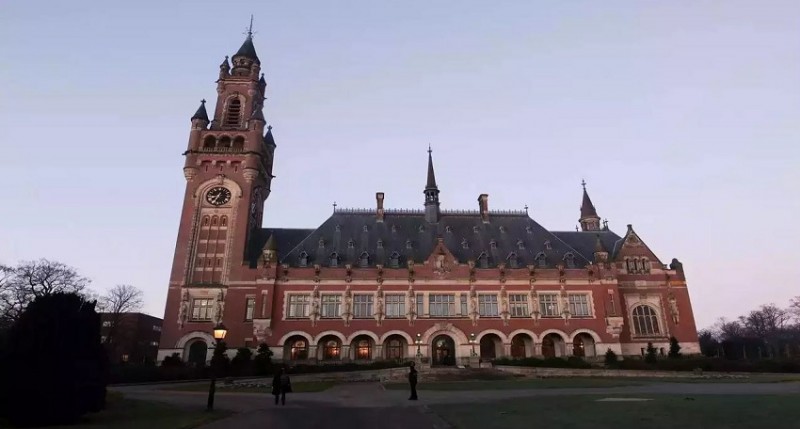
The top court of the United Nations will start hearings on Monday to discuss the legal impacts of Israel's control over Palestinian territories since 1967. Representatives from 52 countries are expected to present their views during the week-long session at the Peace Palace in The Hague, where the International Court of Justice (ICJ) is located.
The request for these hearings came after the UN General Assembly sought a non-binding "advisory opinion" from the ICJ in December 2022. The opinion is on the "legal consequences arising from the policies and practices of Israel in the Occupied Palestinian Territory, including East Jerusalem."
Although any decision from the ICJ won't be legally binding, it comes at a time when Israel faces increasing international legal pressure, especially concerning the conflict in Gaza following Hamas' attacks on October 7.
These hearings are distinct from a significant case brought forward by South Africa, which accuses Israel of committing genocidal acts during the ongoing Gaza offensive.
In January, the ICJ ruled in the South Africa case, stating that Israel must take all necessary measures to prevent genocide and allow humanitarian aid into Gaza. However, the court did not order a ceasefire. Recently, the ICJ rejected South Africa's request to impose additional measures on Israel but emphasized the importance of implementing the ruling fully.
The General Assembly has tasked the ICJ with addressing two main questions:
The legal consequences of Israel's continuous violation of the Palestinian people's right to self-determination, particularly through the prolonged occupation, settlements, and annexation of Palestinian territories since 1967, as well as measures altering the demographic composition and status of Jerusalem.
How Israel's actions affect the legal status of the occupation and the implications for the UN and other countries.
The ICJ is expected to deliver its ruling on this matter urgently, likely by the end of the year.
While the ICJ's decisions are binding, it lacks effective enforcement mechanisms. However, in this case, the opinion it provides will be non-binding. Nonetheless, such advisory opinions often carry significant moral and legal weight and can influence international law over time.
Israel has opted not to participate in the hearings and strongly criticized the UN's request in 2022. Prime Minister Benjamin Netanyahu condemned it as "despicable" and "disgraceful." In response to the UN resolution, Israel imposed sanctions on the Palestinian Authority.
Human Rights Watch (HRW) underscored the importance of these hearings in shedding light on alleged abuses by Israeli authorities against Palestinians, including crimes against humanity like apartheid and persecution. Clive Baldwin, HRW's senior legal adviser, emphasized the gravity of the situation.
Israel War Day-136: Israel Sets Deadline for Gaza Offensive Amid Hostage Standoff; Ramadan Ultimatum
Israel-Egypt Coordination Ahead of Rafah Offensive Ensured by Israeli FM
Israel War Day-134: Israeli envoy, B'nai B'rith leader urges action against antisemitism in Portugal